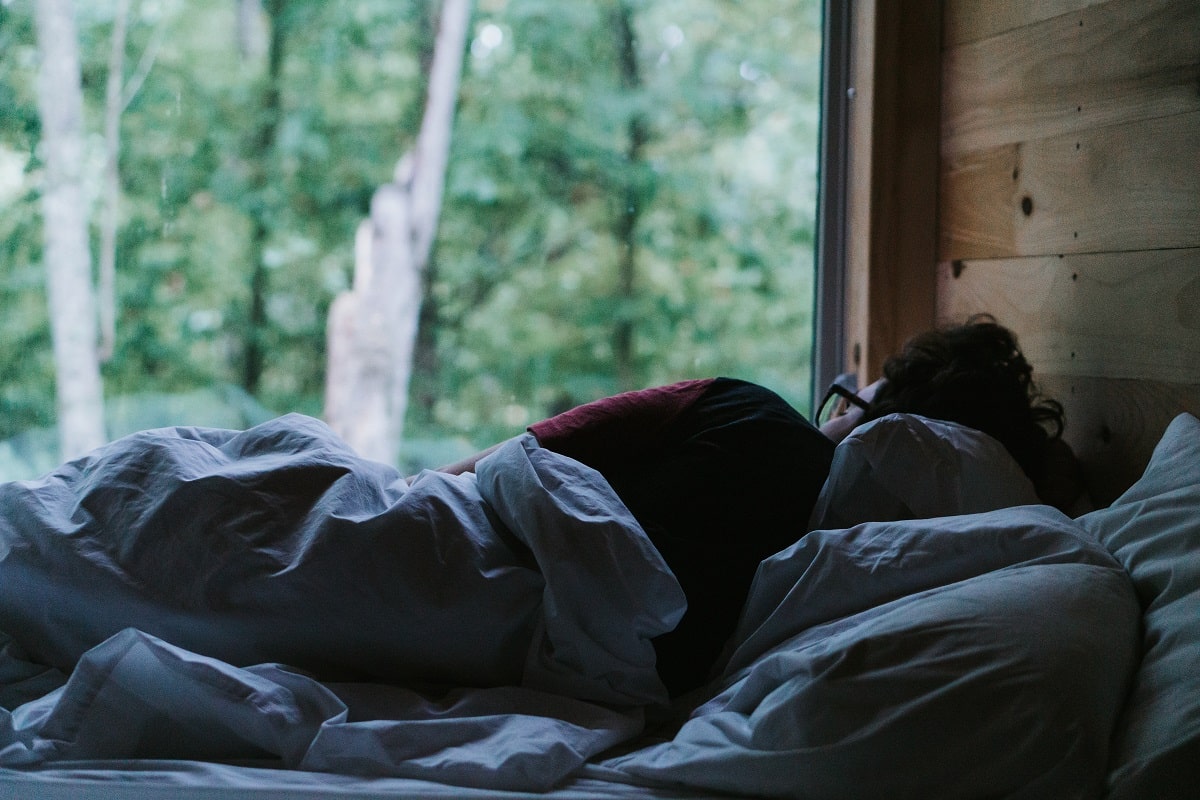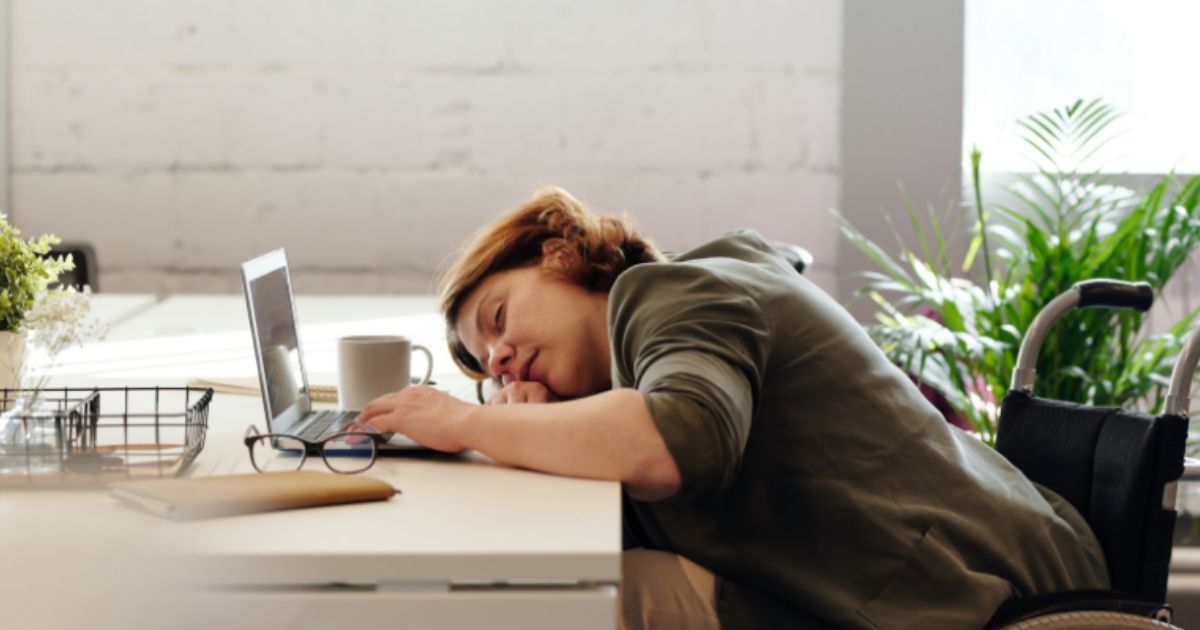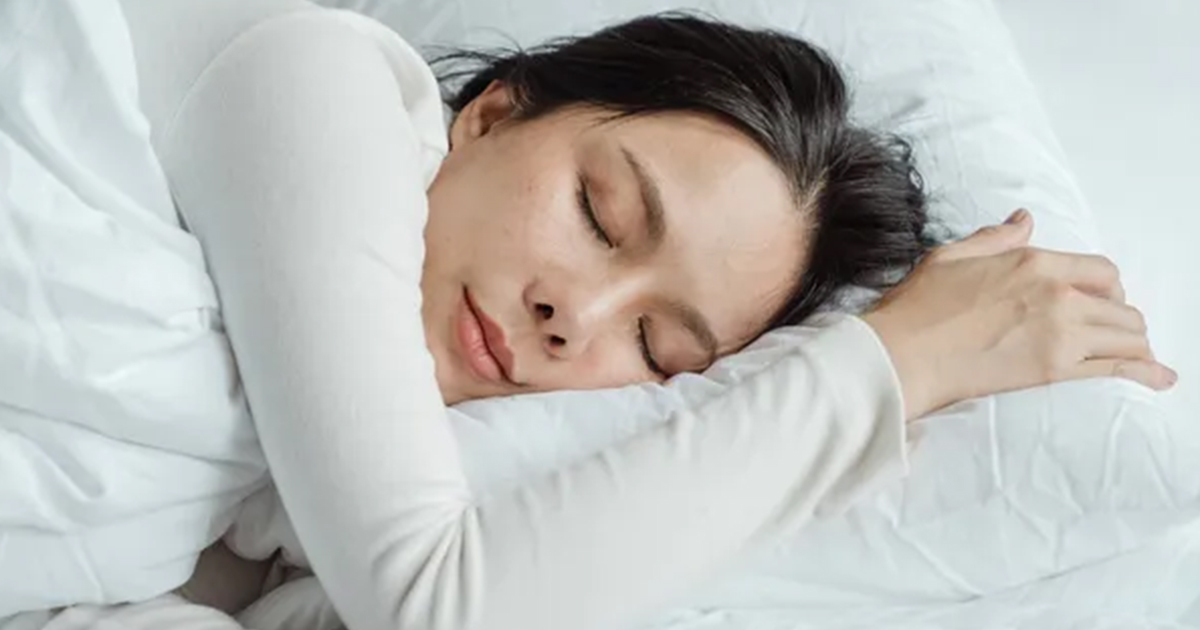By now, almost everyone had been affected by the coronavirus pandemic in some way—you may have lost a source of income, been forced to quarantine under less-than-ideal circumstances, lost contact with loved ones, or found out that someone you know has contracted the virus. Any of these can put you under a lot of stress.
A regular sleep schedule is among the first to go when a person is experiencing tension. Increased levels of cortisol (the “stress hormone”) in the body keeps a person awake. Sleep deprivation makes people react slower and think less critically, and it may lead to a compromised immune system. If you know that COVID-19 is keeping you awake longer than you should be, follow our suggestions for insomnia treatment to give you a smoother winding down of the day.
Read Coronavirus News Away from Bedtime
Wherever you tune in for your news, there is always coverage about the pandemic. Whether you turn on the TV or scroll through your online feeds, COVID-19 is the item for the day, and it looks like this news cycle will not end anytime soon. Since it is impossible to escape the coverage of the virus, you must choose to take breaks from it whenever you can.
If you must keep yourself up-to-date, do it in the middle of the day, or in afternoon lulls. Barring an urgent national development or a local one that affects you directly, there is nothing you will gain from constantly being engaged with the updates. Furthermore, using electronics before bed prevents you from sleeping well, so keep yourself in an environment conducive to sleep by turning your TV and devices off.
Maintain Routines for Yourself Even at Home
Eating, doing chores, working, and even engaging in recreational activities during daytime hours will help put your body in the rhythm of sleep and wakefulness. If you stick to roughly the same routine every day, you can help keep your sleep schedule to the hours where your body naturally feels more tired and less energetic.
A regular routine also gives your internal clock an expectation of when to wake you, which creates a positive loop. Reinforce this by avoiding naps outside of your dedicated hours for sleep. If you nap for longer than 20 minutes, you can disrupt your sleep schedule.
Avoid Alcohol and Nicotine, Get More Exercise
As far as coping mechanisms go, sweating it out is the best way of dealing with COVID-19 worries. Exercise has plenty of health benefits, and sleep specialists say that it also helps you sleep better. Meanwhile, alcohol and nicotine, two popular forms of dealing with stress, are not the best options for someone in quarantine.
These two are notorious for interfering with sleep schedules and are also contributors to the increased risk for chronic disease. They also lower the immune system and makes a person susceptible to getting infected with the novel coronavirus.
Sleep Center in Jacksonville, FL
Though it may be hard to deal with extraordinary circumstances like the one we find ourselves in, we cannot do anything about it but cope. Worrying about COVID-19, especially if you are otherwise healthy and safe, will not be helpful.
If you cannot sleep because of worry, insomnia, or other chronic conditions, you can contact us at Jacksonville Sleep Center today. We can schedule virtual appointments with you with our sleep study doctor, and we ship contactless sleep study kits directly to your home. Get in touch with us for more information.





